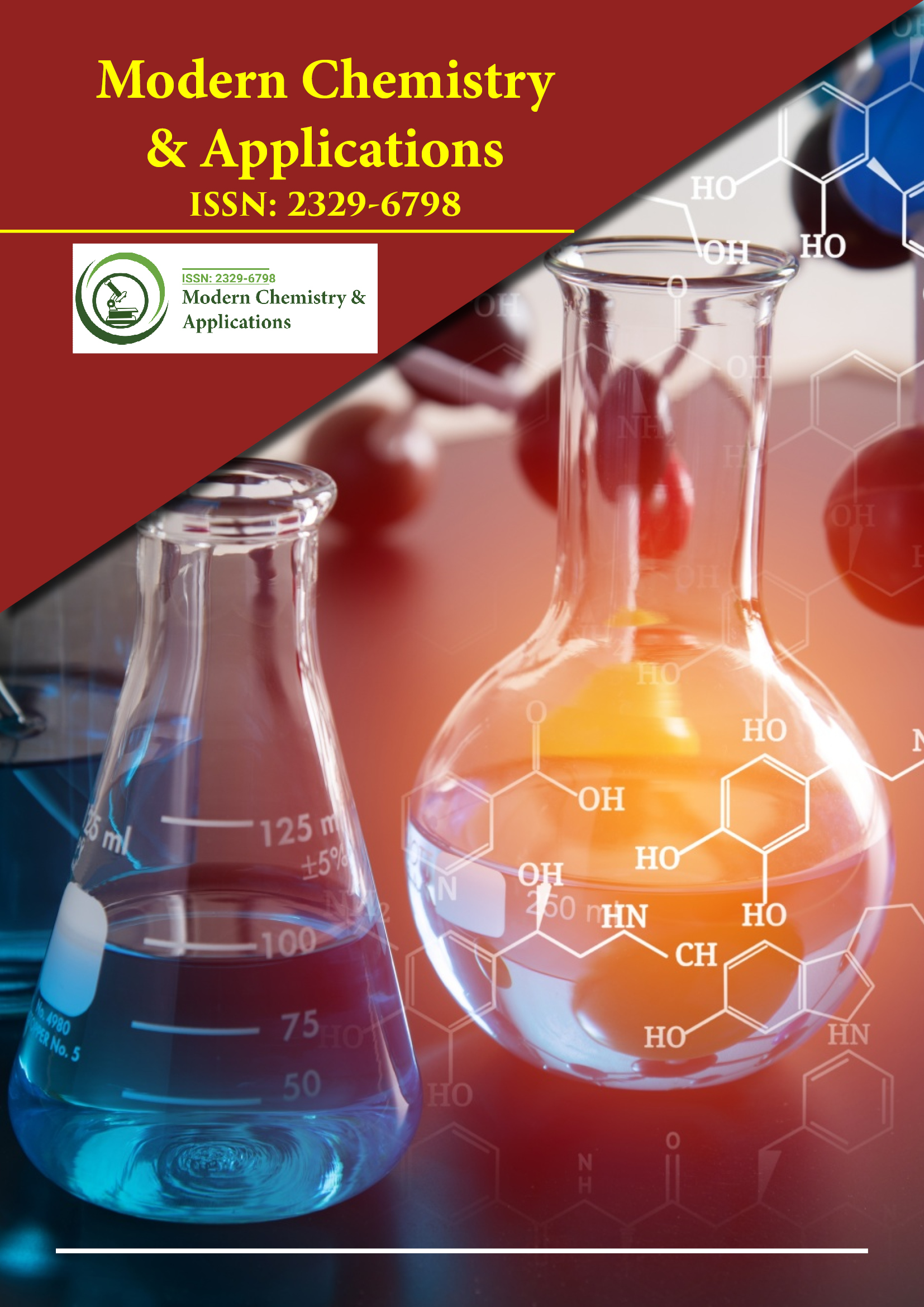Indexé dans
- Ouvrir la porte J
- JournalTOCs
- RechercheRef
- Université Hamdard
- EBSCO AZ
- OCLC - WorldCat
- érudit
- Publions
- Fondation genevoise pour la formation et la recherche médicales
- Google Scholar
Liens utiles
Partager cette page
Dépliant de journal

Revues en libre accès
- Agriculture et aquaculture
- Alimentation et nutrition
- Biochimie
- Bioinformatique et biologie des systèmes
- Business & Management
- Chimie
- Génétique et biologie moléculaire
- Immunologie & Microbiologie
- Ingénierie
- La science des matériaux
- Neurosciences & Psychologie
- Science générale
- Sciences cliniques
- Sciences environnementales
- Sciences médicales
- Sciences pharmaceutiques
- Sciences vétérinaires
- Soins infirmiers et soins de santé
Abstrait
Étude de l'influence de certains composés organiques sur la qualité de l'eau le long de la rivière Olifants en Afrique du Sud
Shadung J Moja1, David Odusanya, Fanyana M Mtunzi et Christelle T Mulanga
L'eau est une ressource naturelle cruciale, indispensable à la production alimentaire, à la vie, à l'environnement, à la production d'énergie, à l'industrie, à l'assainissement et à l'hygiène. Les pesticides organochlorés (OCP) dans l'environnement ne sont pas souhaités en raison de leurs effets négatifs sur les êtres humains et les animaux. Par conséquent, il est nécessaire de surveiller en permanence leur présence dans l'environnement. Dans cette étude, des échantillons d'eau de surface ont été prélevés une fois par mois pendant la saison sèche et pendant la saison des pluies à cinq points sélectionnés le long de la rivière Olifants en Afrique du Sud et stockés à une température ≤ 5°C avant analyse. Les OCP ont été extraits avec du dichlorométhane (DCM) en utilisant la méthode d'extraction liquide-liquide (LLE). Après avoir soumis l'échantillon au processus de nettoyage, les extraits bruts obtenus ont été placés dans la chromatographie sur colonne et élués avec de l'hexane et environ 1,5 μL des extraits purifiés ont été analysés par le spectrophotomètre de masse à chromatographie en phase gazeuse (GC/MS).
Français Les pourcentages de récupération variaient de 32 à 116 % pour le p,p'-DDT et le 4,4'-DDD respectivement dans des échantillons d'eau triplement enrichis. L'écart type pour la plupart des composés est inférieur à ± 0,04, à l'exclusion de l'heptachlore (± 0,14). La variabilité saisonnière des OCP montre que pendant la saison sèche, la rivière Olifants est principalement polluée sur le site d'Oxford avec (BHC-bêta, Aldrine, Heptachlore-époxyde, Endosulfan-alpha et Endrine), sur le site de Ga-Selati avec (Heptachlore-époxyde et Endrine) et sur le site de Wolvekrans avec (Endosulfan-alpha). Les données de la saison estivale montrent que la plupart des pollutions se produisent sur le site de Ga-selati avec BHC-bêta et sur le site de Waterval avec (Heptachlore et BHC-gamma) respectivement. Les concentrations d’OCP qui ont atteint le bassin versant de la rivière dépassaient largement les valeurs recommandées par l’OMS en matière de qualité de l’eau potable, ce qui constitue un motif d’inquiétude pour ceux qui y sont exposés ou qui l’utilisent.